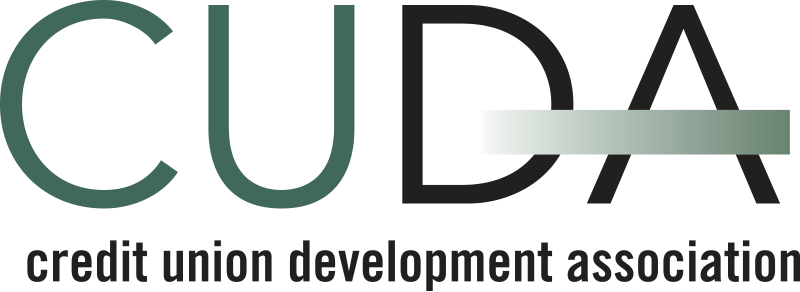The four credit union representative bodies – CUDA, CUMA, ILCU and NSF – met with Minister with responsibility for Credit Unions Seán Fleming and officials from the Department of Finance today, Thursday 10th March. At the meeting the Minister outlined a list of proposals contained in his Review of the Credit Union Policy Framework.
The proposals were summarised under five key objectives;
- Objective 1: Recognition of Role of Credit Unions
- Objective 2: Supporting Investment in Collaboration
- Objective 3: Supporting Governance
- Objective 4: Improving Member Services
- Objective 5: Transparency of Regulatory Engagement
Minister Fleming spoke about the importance of credit unions growing their loan books and proposed a number of measures to assist credit unions in this regard. In particular, he proposed bringing forward legislation to enable credit unions to invest more easily in Credit Union Service Organisations (CUSOs). This would allow credit unions to pool their resources in delivering new loan products to their members such as mortgages and small business loans. They will also be enabled to establish Corporate Credit Unions to facilitate mechanisms such as a central liquidity system.
The Minister also proposed a number of measures to allow credit unions to introduce members to another credit union where the referring credit union was unable to provide a certain loan product or service. He also proposed legislative change to allow credit unions to share a larger loan between them.
In relation to Governance, Minister Fleming recognised the important role volunteers play within credit unions, and has proposed that this be included in legislation. Further proposals would reduce the work load on volunteer Directors and Board Oversight Committees in the future.
Also included in the measures outlined by the Minister were proposals aimed at making regulatory engagement with credit unions more transparent through the establishment of a Service Level Agreement (SLA) between credit unions and the Central Bank.
Responding to the Minister’s proposals, the four representative bodies welcomed the opportunities for lending for credit unions. However, there was general consensus that the proposals do not go far enough in addressing the key area of regulatory engagement. They recommend strengthened formalised structures that would include the four bodies, the Central Bank and the Department of Finance. This key infrastructure would serve to identify existing barriers to lending and prevent future impediments to progress and service to members and communities. The bodies believe that further engagement in this area is needed.


